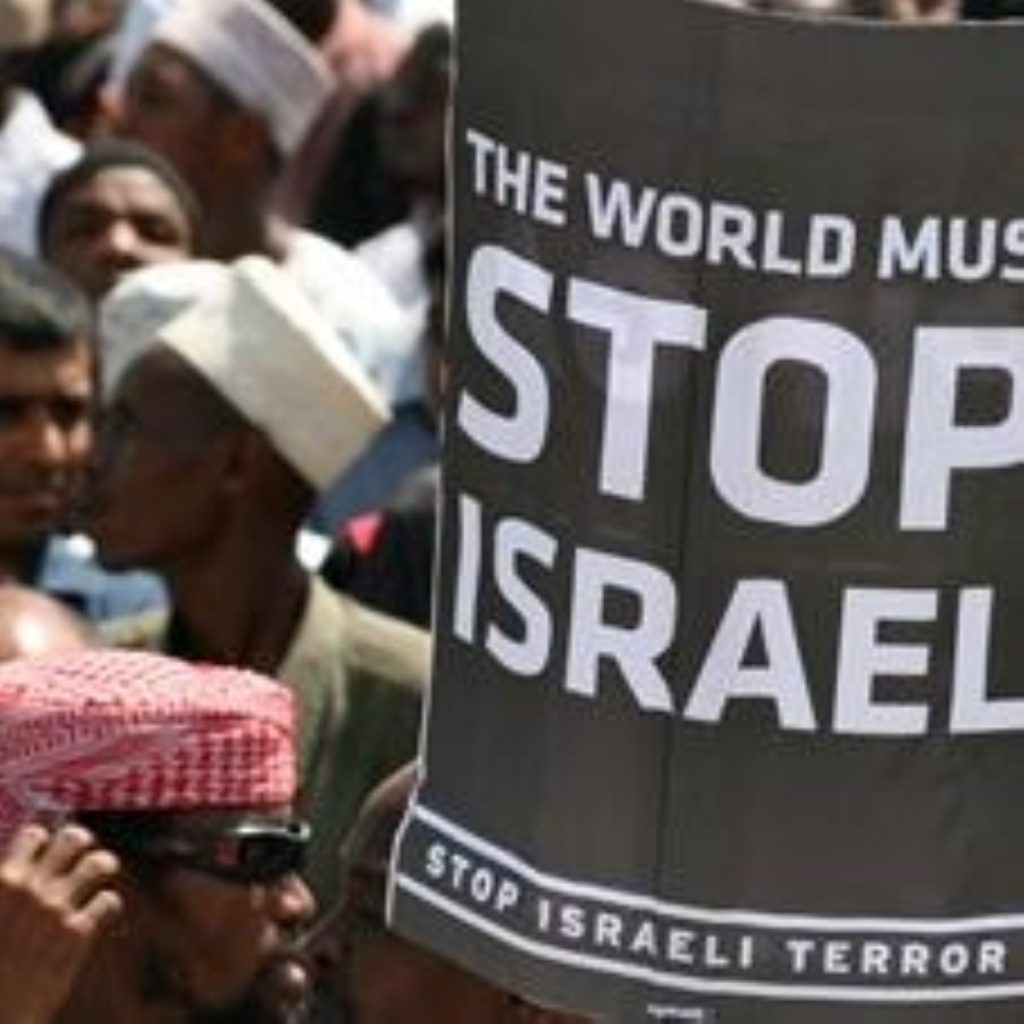Britain putting ‘pressure on both sides’ to end Gaza fighting
Britain is seeking to "de-escalate" fighting between Israeli and Palestinian forces, but further fighting suggests a ceasefire is unlikely.
Foreign secretary William Hague warned that Israel would pay a diplomatic price if it pressed ahead with a ground invasion.
But Israeli prime minister Benjamin Netanyahu has said his country is prepare to "significantly expand" operations against Hamas, undermining hopes that a ceasefire can be achieved quickly.
"The prime minister and I have both stressed to our Israeli counterparts that a ground invasion of Gaza would lose Israel a lot of the international support and sympathy they have in this situation," Hague said.


"A ground invasion is much more difficult for the international community to sympathise with or support, including the United Kingdom."
David Cameron sought to present a balanced approach in a phone call with Netanyahu yesterday. He explained that the UK was calling on both sides to "do everything possible" to end the fighting.
"The prime minister expressed his sympathy for the unacceptable rocket attacks that Israel continued to suffer," a Downing Street spokesperson said.
"He also expressed concern over the risk of the conflict escalating further and the danger of further civilian casualties on both sides."
Palestinians fired around 900 rockets into Israel yesterday, while Israeli air raids this morning left three children dead, the AFP news agency reported. Two other children are in critical condition.
Efforts to secure a truce are to be intensified as France's Laurent Fabius arrives in the region to call for a ceasefire.
One Palestinian official told AFP today that a ceasefire could be reached by the end of Monday.
Israeli Cabinet sources had discussed "improving" national security and the limited scale of the air raids taking place suggested Jerusalem is not prepared to press ahead with a full invasion.
But Netanyahu has begun suggesting Israel is prepared to expand its air operations against Hamas after another day of violence.
He is unlikely to agree to a ceasefire if Hamas does not cease firing rockets into Israel. More rockets have been fired towards Tel Aviv and other Israeli locations today.
That point remains unchanged since foreign secretary William Hague addressed the situation in a Today programme interview on Friday.
"The onus now is on Palestinians to reconcile with each other, Hamas to commit to a deal instead of terrorism, Israel to seize that opportunity, and the outside world, including the United States, to help negotiations to restart," he said.
Shadow foreign secretary Douglas Alexander called on UN secretary-general Ban Ki-moon to visit the region and work for peace.
"The suffering and the dangers caused by this conflict are growing by the hour. There is no military solution to the Israeli-Palestinian conflict. Over the decades violence has only led to more violence," he said.
"The only hope for peace and security for the citizens of the region will be through restarting the stalled negotiations towards agreeing a two state solution."
Israel's diplomats are assuring western countries that it has no intention of mounting a full ground invasion of the Gaza Strip. It has called up 16,000 reservists and put a further 75,000 on standby.

